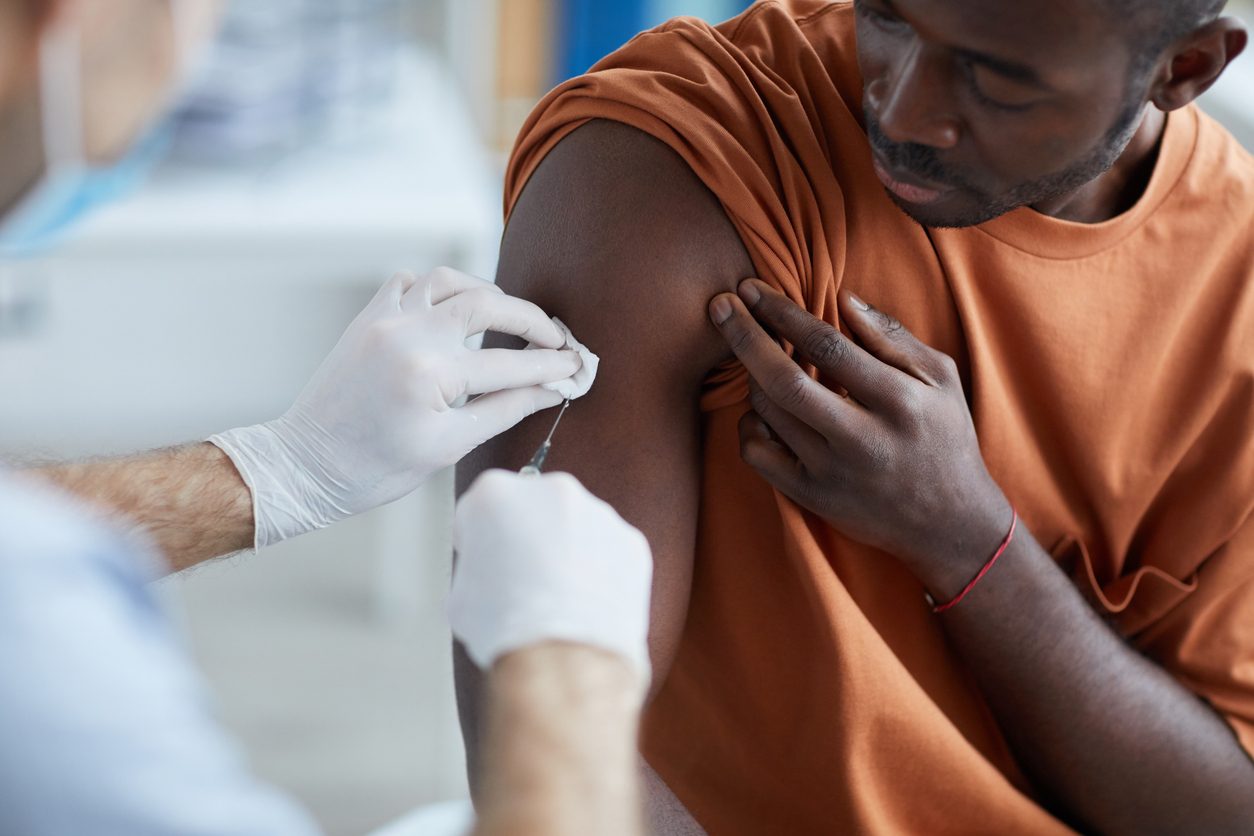Home » News and events »
Birmingham Professor Gary Middleton appointed as ECMC Network Lead

Research theme
People involved
Professor of Medical Oncology
Professor Gary Middleton, Professor of Oncology, will be at the forefront of pioneering cancer research as ECMC Network Lead.
Professor Gary Middleton, Professor of Medical Oncology in the Institute of Immunology and Immunotherapy and researcher within the NIHR Birmingham Biomedical Research Centre’s Cancer Inflammation theme, has recently been appointed as ECMC Network Lead. A leading expert in medical oncology, specialising in colorectal and lung cancer, Professor Middleton will be overseeing the development and implementation of the ECMC Network’s strategy towards effective and efficient clinical research to enable personalised treatment benefits for cancer patients.
The Experimental Cancer Medicine Centres (ECMC) Network is made up of 17 adult centres and 12 paediatric locations across the UK. ECMC researchers are world-renowned scientists and clinicians who lead the development and trials of novel therapies to fight cancer. Since the Network’s launch in 2007, research funding in excess of £150 million supports more than 200 staff working in early phase clinical trials and translational research.
“I am delighted to have been appointed as Network Lead for the ECMC. This is a unique opportunity to work with world-leading clinical experts and scientists to make a real difference in the lives of cancer patients. Our network is committed to accelerate the development of unique and personalised cancer treatments and improve patient outcomes.”
Professor Gary Middleton
Professor Middleton’s appointment as Network Lead is a testament to the University of Birmingham’s commitment to cancer research. The Birmingham ECMC, led by Professor Middleton, is renowned worldwide for their innovative work in personalised cancer therapies in collaboration with the University’s CRUK Clinical Trials Unit.
The ground-breaking research conducted by the ECMC Network is made possible by funding from Cancer Research UK, the Little Princess Trust, the National Institute for Health and Care Research, Chief Scientist Office, Health and Care Research Wales and Health and Social Care.
You may also like



